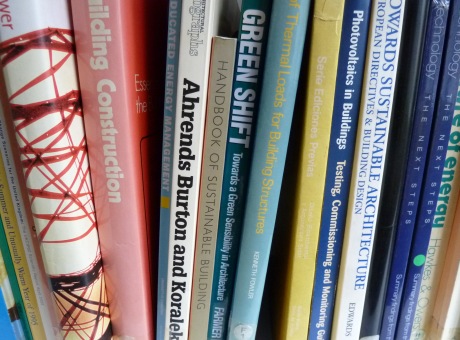Co-benefits of Energy and Buildings Data: The Case for supporting Data Access to Achieve a Sustainable Built Environment

1 January 2015
Supporting the development of a strong evidence base on which to improve the energy performance of buildings requires having access to research from different 'levels' of data. This includes high-level studies to carefully constructed representative samples, exploratory and investigative studies. As sensors and data collection becomes more widely applied within buildings (and the broader built environment) a clear articulation of the potential benefits and risks of data access is needed to avoid unintended consequences and regressive positions to data access. The objective of this work is to identify and discuss the co-benefits of energy and built environment data and the mechanisms needed to enable them. We outline a number of potential benefits and limitations of making energy and buildings data more widely available. Access to and linking/ matching together data can provide numerous benefits, including: research benefits, education and training, academic benefits, funder benefits, policy benefits, among others. However, there are also concerns of making data accessible including: privacy, management of access and communication protocols, commercial sensitivity, intellectual property, and archiving and legacy repository. The mechanisms needed to support data access should include requirements from funders for long-term data management and sharing, funding available for data archaeology, journal requirements for publication, government support and evaluation requests, and industry interest in capturing wider benefits from proprietary data.
Co-benefits of Energy and Buildings Data: The Case for supporting Data Access to Achieve a Sustainable Built Environment. Procedia Engineering. 118.
Hamilton, I., Oreszczyn, T., Summerfield, A., Steadman, P., Elam, S., Smith, A. (2015).
The full text of this article is not available through UCL Discovery.
 Close
Close

